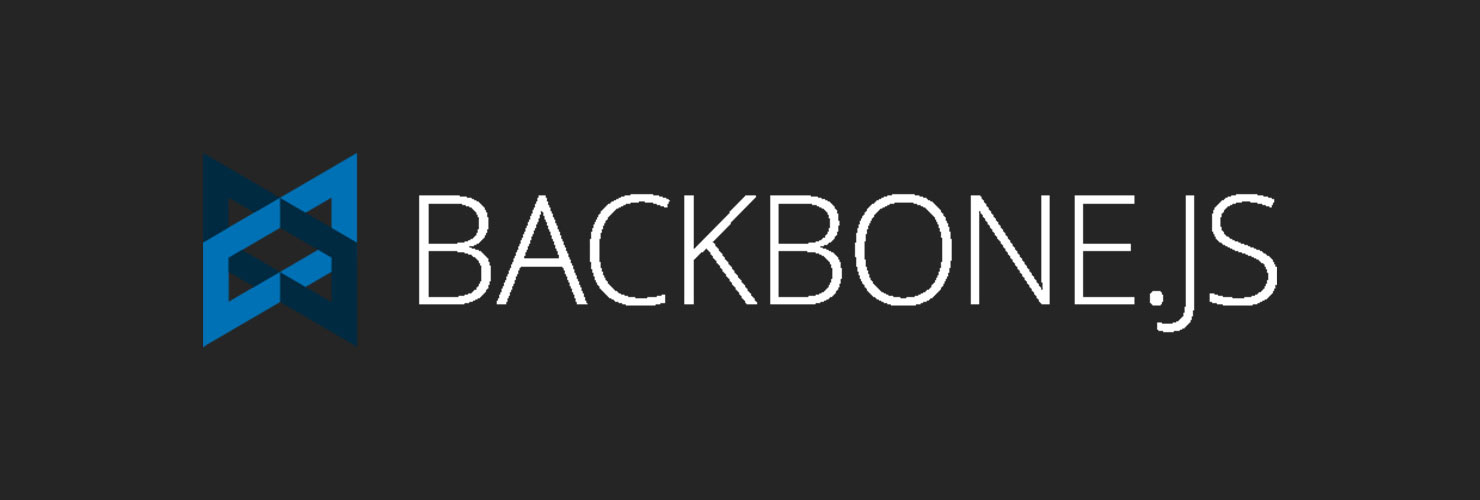

Secondly, in our Backbone.Model we should listed all the attributes we want to validate. To extend our model with Backbone.Validation plugin.

First of all, we need to add this line of code: _.extend(, ) Afterwards, we are ready to add our plugin.
#BACKBONE JS PLUGINS HOW TO#
How to implement Backbone.Validation?īefore we implement Backbone.Validation in our app, we need to attach Backbone.js. Of course, it is also possible to set validation without the plugin, but it will take unnecessarily too much time and too many implemented "if" statements, when Backbone.Validation simplifies our work.

Backbone.Validationīackbone.Validation is another Backbone.js plugin. Local.Storage allows the fastest access to database and it reduces a number of requests from the server to minimum. Also, it is possible to work with Local.Storage without internet connection. All the pages from the same domain, can access the same database. Local.Storage can be used per one domain. Local Storage uses "key" values which are stored as strings: localStorage.getItem("key_word") If we want to delete all the data from the server we just need to use clear() function. Set ("setItem" function, which stores data), get ("getItem" function, which retrieves data from the server) delete items ("removeItem" function, which removes item from the database). Local.Storage gives us an opportunity to: Where our Backbone Collection now looks like this: var ourCollectionName = () What functions can we use in Backbone Local.Storage?
#BACKBONE JS PLUGINS CODE#
To implement the plugin to our application we just need to download it and add the code below: var exampleStorage = new Backbone.LocalStorage("ourCollectionName") Developers can choose if they are willing to store database with it's expiration date (Session Storage - whole database will disappear after closing/refreshing a page) or without, where page can persist it’s refreshing. Backbone.js Github repository Annotated source Backbone plugins Backbone Index - Discover new Backbone plugins and resources BackboneConf - Conference. Furthermore, Local.Storage never transfers data to the server and it has more space (at least 5mb) where we can save our database. The node package manager can also be used for managing front end scripts.

Has an official, up-to-date entry in the npm package manager. Bower is an easy-to-use, npm-like package manager for frontend apps. Storing data in Local.Storage may be more secure than storing it in cookies. Officially supports Bower dependency management. When someone starts making a new application and they need to save some data that they added in their project, and still, they do not have any information downloaded from the backend, they can use Local.Storage. This apply method is called by the webpack compiler, giving access to the entire compilation lifecycle.ĬonsoleLogOnBuildWebpackPlugin.What is Backbone Local.Storage? Backbone Local.Storage is a method which helps frontend developers to store the data locally. AnatomyĪ webpack plugin is a JavaScript object that has an apply method. When consuming webpack-sources package in plugins, use require('webpack').sources instead of require('webpack-sources') to avoid version conflicts for persistent caching. Webpack provides many such plugins out of the box. They also serve the purpose of doing anything else that a loader cannot do. Backbone also depends on Underscore.js, which also only creates one global variable,, so it also shouldn't cause any conflicts. Webpack itself is built on the same plugin system that you use in your webpack configuration! 1 Answer Sorted by: 2 Backbone only creates one global variable, Backbone, so there shouldn't be any conflicts with any jQuery plugins.


 0 kommentar(er)
0 kommentar(er)
